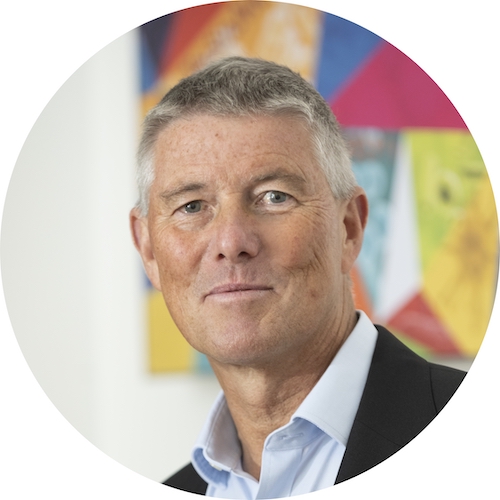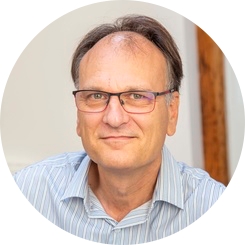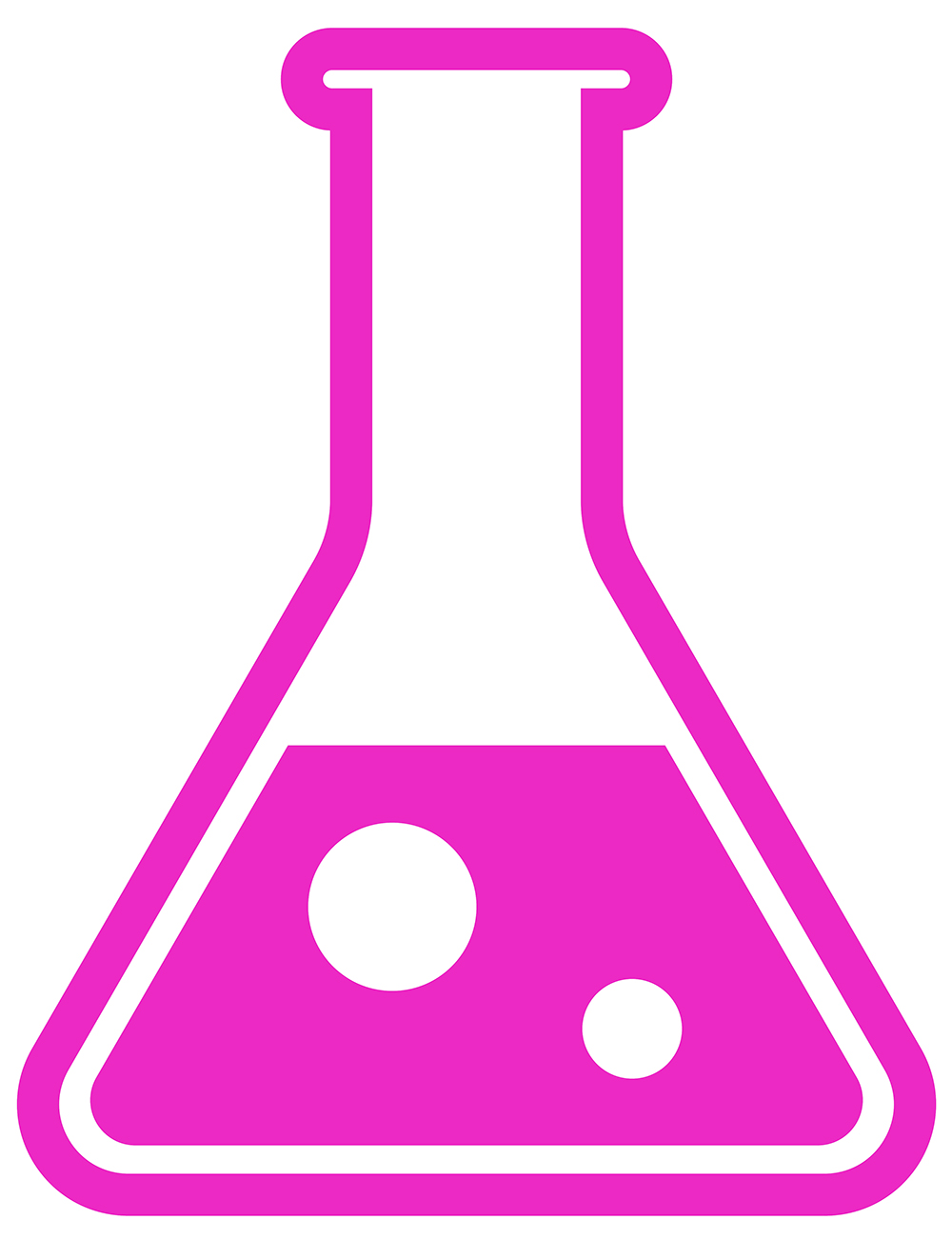
 Research
Research
Institut Pasteur/Institut Curie partnership: two joint projects for innovation and knowledge advancement
In 2022, the Institut Curie and the Institut Pasteur expressed a desire to develop a new collaborative research strategy, with the stated aim of speeding up the development of joint inventions leading to innovative products or services in the area of public health. A framework agreement was signed to formalize the pooling of scientific expertise and technical resources from the two institutes in the fields of basic, translational and clinical research. The agreement provides for the maintenance and preservation of a state-of-the-art technological infrastructure in the Greater Paris region for use by scientists from both institutes.
To initiate the collaboration, one-off funding of €600,000 was earmarked to support two major new research projects. Each group, composed of at least one staff member from the Institut Curie and one from the Institut Pasteur, was given €300,000 over two years to carry out its research. The projects MUCTOLIN and TicTac were selected.
 "The launch of these two major collaborative projects is a highlight in our joint research strategy," says Professor Stewart Cole. "With these collaborations, the Institut Pasteur and the Institut Curie intend to make a significant contribution to the advancement of knowledge in the key fields of biology of infection and cancer."
"The launch of these two major collaborative projects is a highlight in our joint research strategy," says Professor Stewart Cole. "With these collaborations, the Institut Pasteur and the Institut Curie intend to make a significant contribution to the advancement of knowledge in the key fields of biology of infection and cancer."
 "This funding paves the way for the Institut Curie and the Institut Pasteur to strengthen their collaboration and share their expertise," adds Professor Alain Puisieux, Director of the Institut Curie research center. "This cooperation will help improve knowledge and foster innovation in the fields of infectiology and oncology."
"This funding paves the way for the Institut Curie and the Institut Pasteur to strengthen their collaboration and share their expertise," adds Professor Alain Puisieux, Director of the Institut Curie research center. "This cooperation will help improve knowledge and foster innovation in the fields of infectiology and oncology."
 MUCTOLIN project: the role of mucus-induced tolerance during Listeria infection
MUCTOLIN project: the role of mucus-induced tolerance during Listeria infection
The aim of this project is to investigate the role of intestinal mucus in immunity, especially in the ability of phagocytes (macrophages and dendritic cells) to recognize pathogenic bacteria. Ana-Maria Lennon-Duménil's team observed that mucus was involved in the inactivation of intestinal phagocytes. Marc Lecuit's team showed that the pathogen Listeria monocytogenes covers itself with mucus during invasion. On the basis of these two observations, they put forward the theory that by coating themselves with mucus, Listeria monocytogenes bacteria can inhibit phagocytes, rendering them incapable of eliminating the bacteria and/or presenting them to T cells to trigger the adaptive immune response. Immune tolerance in the gut is crucial to prevent inflammatory diseases. This research could pave the way for novel therapeutic approaches to these diseases, which are a major social concern.
Participants:
Institut Pasteur: Marc Lecuit, director of the Biology of Infection unit
Institut Curie: Ana-Maria Lennon-Duménil, director of the Immunity and Cancer research unit (Inserm U932) and head of the Spatio-temporal dynamics of immune cells research team (Inserm U932)
 TicTac project: the intracellular geometry of cancer and development
TicTac project: the intracellular geometry of cancer and development
How does geometry affect whether a cell is healthy or cancerous? Can it lead a stem cell to one differentiation pathway rather than another? Although we have long known that geometry is used to regulate biological information, and that evolution uses it to control the way in which cells process the information encoded in DNA, many questions still remain unanswered. Despite in-depth research on the organization of DNA, understanding the molecular dynamics of membrane-less nuclear compartments remains a challenge. The teams from the Institut Curie and the Institut Pasteur will attempt to elucidate the influence of histone H3 variants on cell fate determination in cancer (and in other pathological conditions) and during development. The project should lead to new approaches to improve our understanding of how geometric information is encoded in cells.
Participants:
Institut Pasteur: Jean-Baptiste Masson, Jean-Yves Tivenez, Spencer Shorte, Nathalie Aulner and Stéphane Fournier.
Institut Curie: Geneviève Almouzni, head of the Chromatin dynamics research team (CNRS UMR3664 / Sorbonne University), Bassam Hajj, CNRS research associate in Mathieu Coppey’s, Light-based Observation and Control of Cellular Organization team (CNRS UMR168 / Sorbonne University)